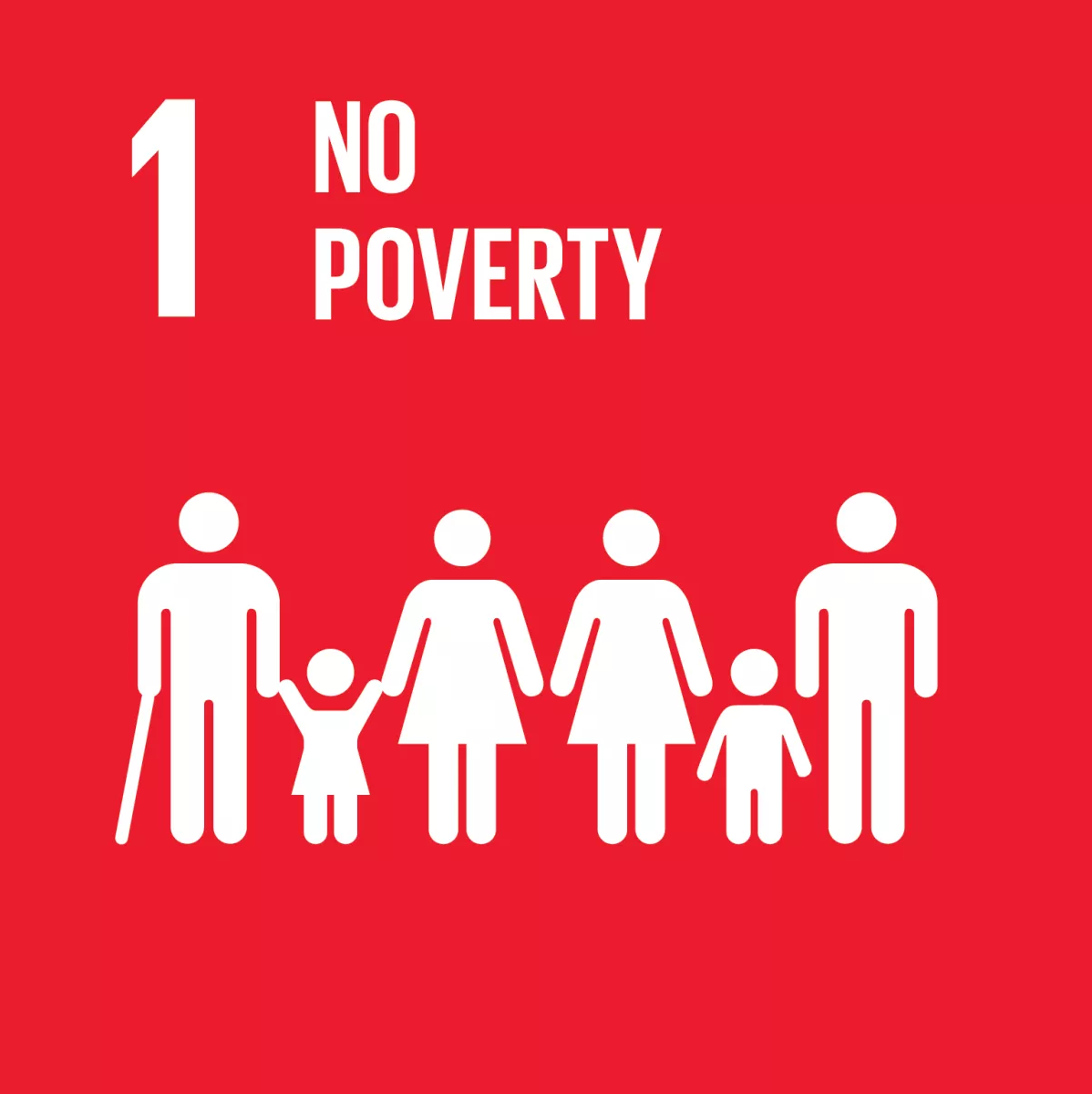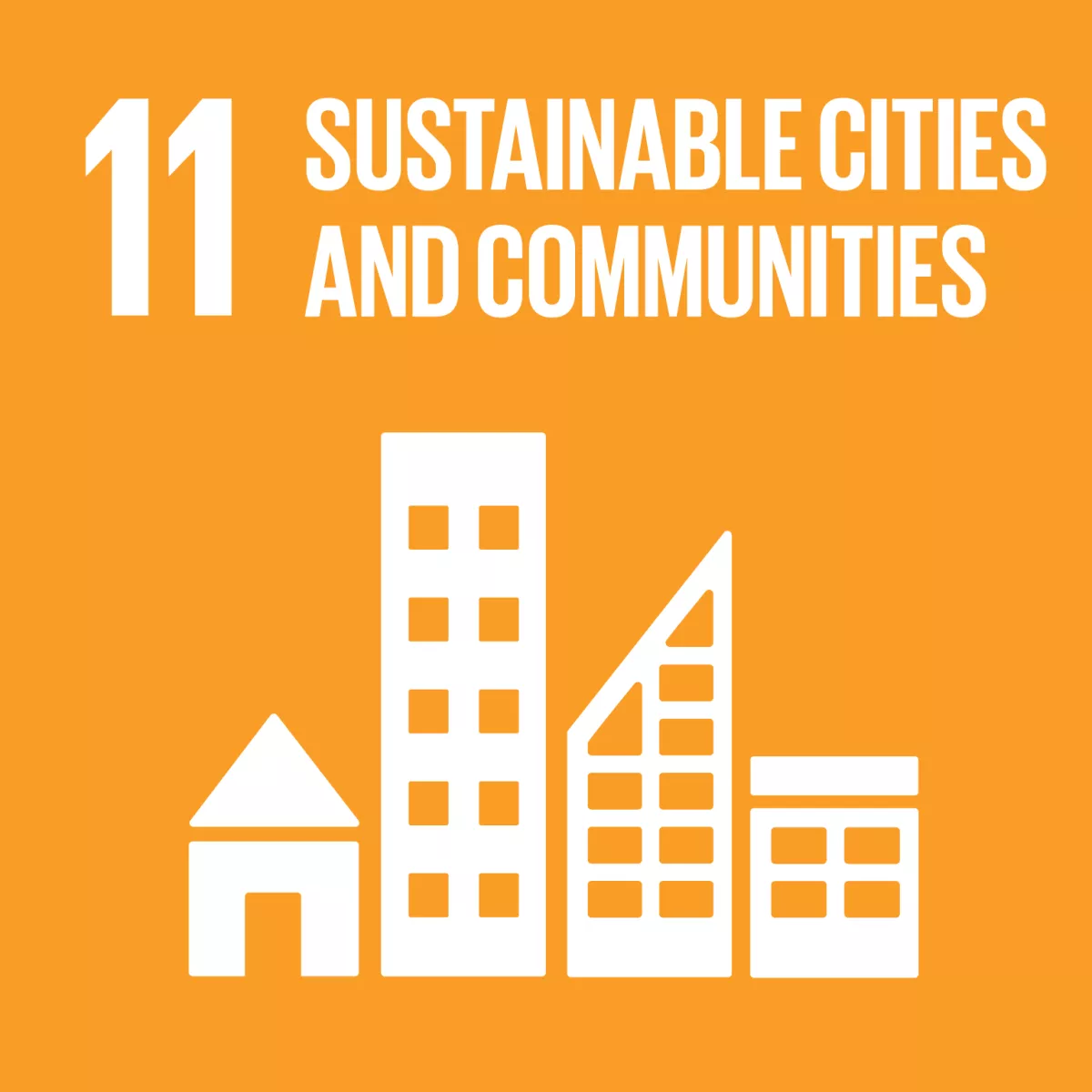Shifting climate patterns are some of the major challenges of our time. These effects are becoming even more severe and their impacts will be felt increasingly in the future. People in rural areas and informal settlements will experience the effects of climate change most strongly. Droughts, heat waves, floods, landslides, cyclones or coastal erosion add more and more stress to these communities, food production and threatening housing as slums are often built in environmentally-fragile locations such as steep slopes, floodplains, swamps, coastal shores and river banks. Due to poverty and lack of education, slum dwellers often have low capacity to deal with these dramatic impacts.
One billion people live in urban slums today. They have been built outside the ‘formal’ system of laws and regulations that are meant to ensure safe, resilient structures and settlements. Climate change can trap slum residents in a cycle of poverty and vulnerability, as each climate disaster results in loss of life, assets, and disruption, while it limits their abilities to cope and adapt.
Building resilience to climate change - falls under these SDGs:
The 2030 Agenda for Sustainable Development is a plan of action for people, planet and prosperity. All countries and stakeholders, acting in collaborative partnership, are starting to implement this plan. The 17 Sustainable Development Goals (SDGs) and 169 targets demonstrate the scale and ambition of this Agenda, which balance the three dimensions of sustainable development: economic, social and environmental.
Resilience building is a major task for PSUP. It starts with a detailed, in-depth understanding of the conditions people live in and which challenges the slum dwellers face in order to adequately plan interventions. Many cities have not yet addressed climate change as a threat, due to a lack of relevant data, city policies and action plans.
With our participatory slum upgrading approach we bring communities and their local authorities together, to seek solutions in reducing the effects induced by natural disasters. This includes the improvement of housing and infrastructure, where residents play an active part in planning, designing and implementing the slum upgrading process. It can range from building a drainage system or water supply, to widening access roads, rebuilding homes and infrastructure.
Fighting the impacts of climate change in Burkina Faso





